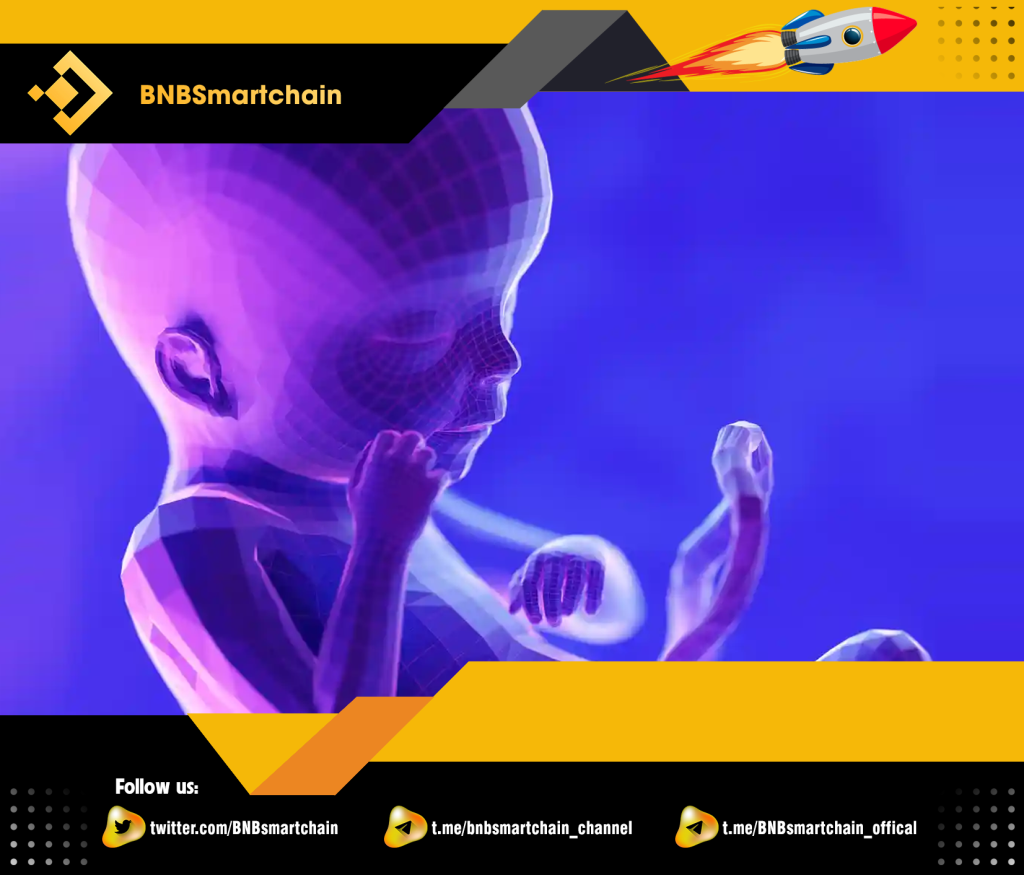Tamagotchi kids, also known as the “generation of Tamagotchi,” is the term Catriona Campbell, the leading AI expert to talk about “virtual babies.”
She writes in the book: “Virtual babies can be a big step forward for us at this time. But in the next 50 years, the technology will be so advanced that the babies that exist in metaverse are no different than real-life babies.”

The world’s population is approaching the eight billion mark. They used to be an advisor to the British government, but the uncontrolled population growth and the environmental impact were something that left Ms. Campbell stagnant. In 2020, a study by data analysis firm YouGov indicated that nearly 10% of couples choose not to have children because of concerns about population growth, and more than 10% of survey participants do not want to get married because of the cost of raising a child is too expensive.
Against a backdrop of declining birth rates, Ms. Campbell suggests that consumers will begin to be interested in virtual babies, as with Tamagotchi. This handheld virtual pet rained and ventilated Japan in the late 1990s and early 2000s and created a fever for European children. She said: “We are gradually creating a generation of Tamagotchi. Tamagotchi children will be more real than ever for their parents, for various purposes.” The benefit of virtual infant feeding is that it doesn’t cost much and doesn’t take up real-life space or resources.
According to Ms. Campbell, with CGI technology and advanced machine learning, virtual children will have the same face and body as real people. They can interact and respond to their parents using facial recognition and voice analysis.

They’re going to talk and simulate the reactions of real-life children, like baby babbling, baby giggling, and teen reciprocity. Parents can choose an environment to interact with the child, such as a living room, park, or pool, and can even choose the child’s growth rate as desired. The appearance of virtual children will be based on the image of parents, and parents can also take tests to select their child’s personality.
Ms. Campbell believes that tactile gloves will help parents interact with their virtual children more authentically in the metaverse space. Parents can then cuddle, feed, and play with children.
Campbell predicts that AI children will initially be available through monthly rentals, with parents paying a small fee to maintain the service.
There are Soul Machines in New Zealand testing virtual babies in the BabyX project. The project aims to personalize AI to engage more people with this technology.
See ya in the next article !
Don’t forget to follow useful articles about Crypto Market from team BNB Smart Chain!


